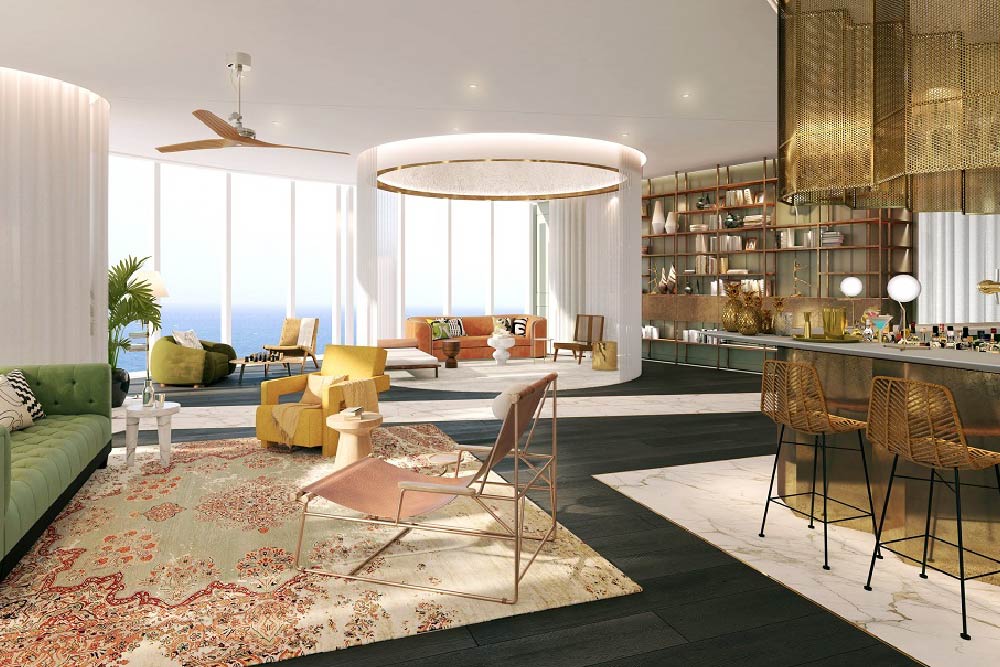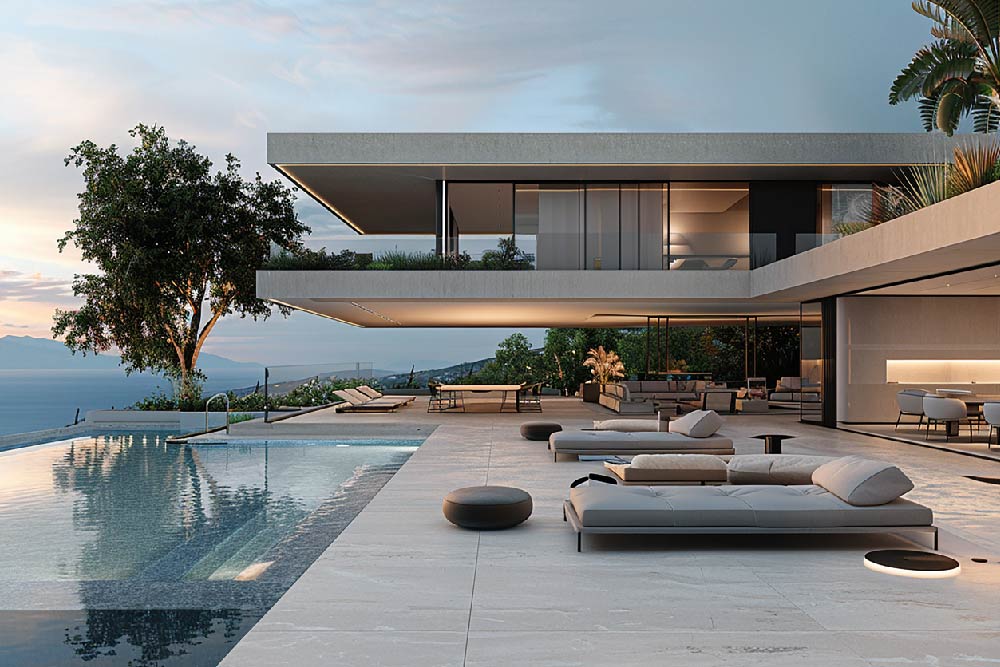
With the rising global population growth, India has also seen a significant rise in its commercial real estate sector
The India Commercial Real Estate Market size is estimated at USD 40.71 billion in 2024, and is expected to reach USD 106.05 billion by 2029, growing at a CAGR of 21.10% during the forecast period (2024-2029). Given this trajectory, buying commercial properties presents lucrative opportunities for long-term returns. However, with these opportunities come significant responsibilities. It is crucial to conduct thorough research and exercise due diligence when making such investments. While commercial real estate typically requires larger capital outlays, a well-informed investment strategy can generate consistent cash flow over time. Here are some vital factors to consider before buying a commercial property.
1. Market Analysis
Before investing in commercial real estate, conducting thorough market research is indispensable. Assess the risk factors associated with both buying new properties and purchasing resales. While a new property might carry higher risks than a good resale, they can also offer better returns if located in a developing area. Evaluate the future growth prospects of the location, as well as the current demand for specific property types—whether office spaces, retail outlets, or industrial warehouses. For instance the IT/ITeS sector remains the largest contributor to office space demand in Pune, accounting for approximately 71% of the total absorption, recording a year-on-year increase of approximately 12% in 2024.
2. Location Insights
Once you’ve identified your target market, the next key step is selecting a location with strong infrastructure and connectivity. Commercial properties located in areas with strong infrastructure connections—such as highways, subways, airports, and railroads—are likely to attract higher footfall and generate better returns. Accessibility to major business hubs, transportation networks, and visibility play significant roles in the success of your investment. Choose a location with expanding markets, proximity to business districts, and demographic advantages to ensure a steady flow of customers or tenants.
3. Understanding Lease Structure
When purchasing commercial property to lease it, understanding the lease structure is crucial. Familiarity with gross and net leases will in turn help in negotiating with potential tenants better. Key factors such as upkeep, repair responsibilities, lock-in periods, and taxes should be carefully evaluated as these elements directly impact the financial viability of your investment and the risk associated with it.
4. Choosing the Right Developer
The credibility of the builder or developer is another critical consideration. Opt for a well-established builder with a strong track record of delivering high-quality projects. Scrutinize the developer’s history, seek feedback from previous buyers, and ensure that the builder has proven expertise within the business. This will not only mitigate risks but also enhance the long-term value of your investment.

5. Investment Options
Commercial real estate offers various types of properties, including retail shops, office buildings, industrial complexes, and serviced commercial outlets (SCOs). Evaluate your budget and select a property type that aligns with your financial goals. Conduct a detailed assessment of the property’s potential to provide returns, both in terms of rental income and capital appreciation, and also one that fits your risk tolerance and long-term goals.
6. Tenant Quality
If your strategy involves leasing your commercial property, tenant quality becomes a key determinant of the investment’s success. Reliable tenants, such as multinational corporations (MNCs), can enhance the value of a commercial property by ensuring consistent rent payments, offering higher deposits, and committing to long-term leases. Furthermore, a trustworthy tenant adds to the overall attractiveness of your property for future investors or buyers.
7. Risk Assessment
Like any investment, buying commercial properties comes with its risks. It’s essential to evaluate your risk tolerance before deciding on a purchase. Avoid overextending financially, and be sure to continuously monitor market trends, geographic location dynamics, and the property’s historical performance to gauge potential risks.
8. Expert Consultation
If you’re new to real estate investments, consulting an experienced real estate expert can be invaluable. Professional consultants and property developers can guide you through the investment process, ensuring all legalities and market dynamics are properly addressed. This will save you time and minimize your costs while streamlining decision-making.
9. Valuation Analysis
Understanding the value of a commercial property in comparison to other properties in the vicinity is essential for making a prudent investment decision. Research prevailing rental rates in the area, review sales data for comparable properties and negotiate effectively with sellers. Consider various valuation approaches—such as cost, market, income, or sales comparison methods—to ensure that the purchase price aligns with the property’s true market value.
10. Layout Considerations
Before finalizing the purchase, ensure that the property’s layout aligns with your expectations. Review building lines, setbacks, and site dimensions. A well-planned layout should include sufficient provisions for open spaces, roads, and essential infrastructure. Additionally, evaluate the adequacy of existing and proposed utility networks, including roads, drainage systems, and power supply connections.
India’s commercial real estate sector is poised for continued growth, driven by economic expansion, urbanization, and technological advancements. By 2030, the sector is expected to reach a valuation of $1 trillion, indicating robust long-term prospects.
A well-thought-out investment strategy, informed by diligent research and expert advice, will position you to capitalize on these opportunities.
While the considerations outlined above are essential, they are by no means exhaustive. In the dynamic world of commercial real estate, factors such as market trends, financial discipline, and location remain paramount. And when in doubt, seeking guidance from a real estate professional is always a prudent course of action.




